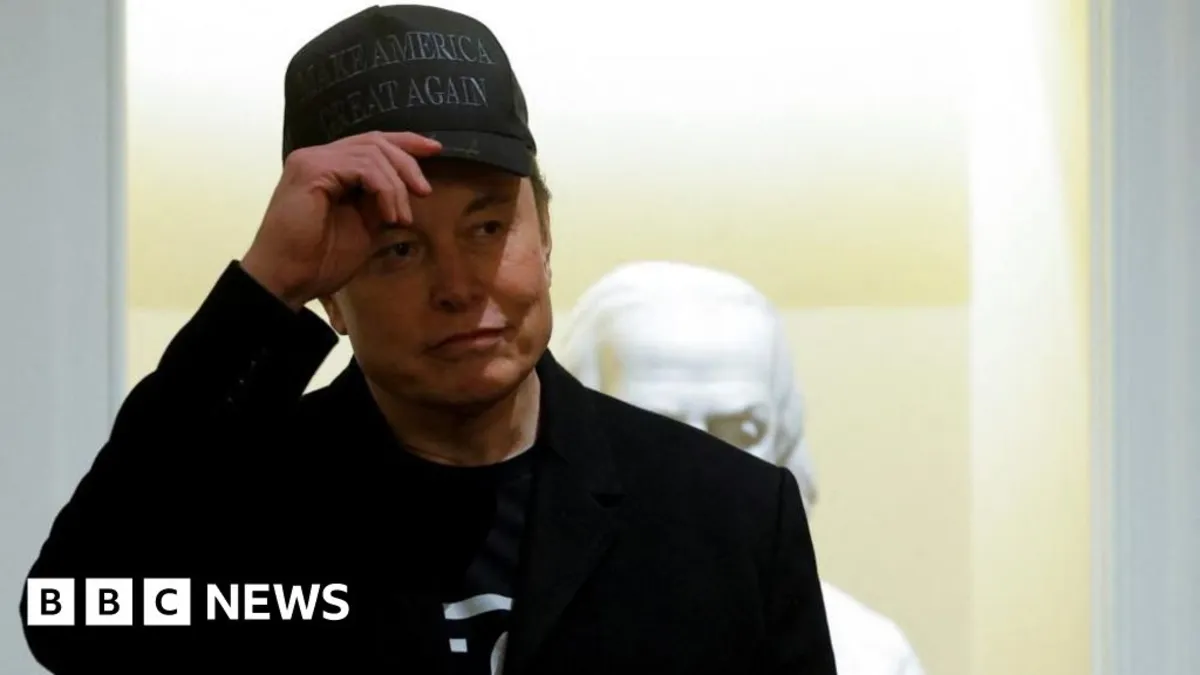
Donald Trump held his first cabinet meeting at the White House on Wednesday, transforming the occasion into an extended question-and-answer session that lasted for over an hour. Alongside his cabinet members and billionaire Elon Musk, who sported a tech support T-shirt, Trump addressed a range of topics, from government spending cuts to immigration, the economy, and the war in Ukraine. Here are five key takeaways from his remarks.
During the session, Trump was asked which government department and cabinet members were most resistant to his policy changes. "So far, I'm happy with all of those choices," he said, while specifically praising the work of Elon Musk—who is not a cabinet member—and Secretary of State Marco Rubio. Trump's administration is focusing on reducing the size of government. "We want to have a balanced budget within a reasonably short period of time... maybe by next year or the year after," he added.
Trump publicly backed the work of Musk and the Department of Government Efficiency, also known as Doge, which is responsible for cutting government spending and the federal workforce. He downplayed any speculation of tension between Musk and his team. "They have a lot of respect for Elon," Trump said. Musk, defending Doge, described it as a support function for government agencies to eliminate fraud and acknowledged potential mistakes, like the accidental cancellation of Ebola prevention efforts.
The president discussed Musk's email to federal employees asking them to list five things they had accomplished in the last week or risk losing their jobs, stating that the cabinet supports the initiative. Trump suggested that some of the roughly one million federal workers who haven't responded might not exist and could potentially face job cuts. He also mentioned that the Environmental Protection Agency, led by Lee Zeldin, could lose up to 65% of its workforce.
Trump confirmed that Ukrainian President Volodomyr Zelensky will visit the White House on Friday. The visit is expected to include the signing of an expansive minerals deal, though the specifics are unclear. Trump stated that the deal would help the US recoup money spent on aiding Ukraine since its invasion by Russia. While Zelensky described the deal as preliminary and expressed interest in US security guarantees, Trump asserted that Europe should bear that responsibility.
Trump announced plans to impose 25% tariffs on goods from the European Union. "We'll be announcing it very soon," he stated, mentioning that the tariffs would apply to cars and other products. He criticized the EU for not accepting US cars and farm products. When asked about tariffs on Canada and Mexico, Trump noted a delay in imposing these tariffs until April 2, marking an extension aimed at avoiding a trade war.